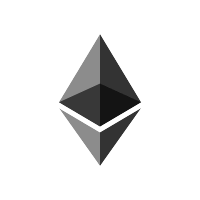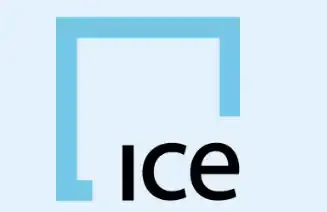Does the Ethereum ETF count as approved? This concerns a $13 million bet
Author: Azuma, Odaily Planet Daily
On May 24th, Beijing time, the U.S. Securities and Exchange Commission (SEC) officially approved the 19 b-4 forms for all 8 spot Ethereum ETFs applied for by firms including BlackRock, Fidelity, Grayscale, Bitwise, VanEck, Ark Invest, Invesco Galaxy, and Franklin Templeton, opening the door for ETH to enter the traditional financial market.
It is important to note that although the 19 b-4 forms for the aforementioned spot Ethereum ETFs have been approved, the ETFs still need their S-1 registration statements to become effective before they can officially begin trading. Given that the SEC has just started discussions with issuers regarding the S-1, it will take time for negotiations and modifications, and it is unclear how long this process will take ------ Bloomberg ETF analysts speculate that it may still take several weeks.

With the SEC's announcement, the well-known prediction market Polymarket closed its bet on "whether the spot Ethereum ETF will be approved before May 31" and confirmed it will execute with a YES (i.e., "it will be approved") result, meaning that users who chose YES will take home the entire $13.22 million reward from the bet, while those who chose NO (i.e., "it will not be approved") will lose their invested funds.
In a supplementary explanation regarding the execution result, Polymarket stated: "According to the documents released today, the SEC has approved eight proposals allowing the listing and trading of Ethereum ETFs, and the document also mentioned 'approved in an expedited manner,' therefore the final result of this bet will be YES."

However, this execution result has sparked significant controversy within the Polymarket community.
The questioning party mainly comes from users who chose NO, with many users expressing their dissatisfaction with Polymarket's execution result in the comments below the bet, even stating that Polymarket is "manipulating the market" and that they have been "robbed."

From the concerns raised by this group of users, those who chose NO generally believe that Polymarket's execution result is not rigorous, as the approval of the ETF requires the joint approval of both the 19 b-4 and S-1 documents, and the current outcome of the S-1 is still uncertain; merely having the 19 b-4 approved does not mean the ETF has been fully approved, so it should not have closed with a YES.
In response, some users have called for the market to be reopened, suggesting that a decision should be made when the bet's deadline arrives on May 31; others believe that this issue stems from Polymarket's lack of strict rules, and therefore a 50/50 refund should be issued.

Objectively speaking, regarding this incident, it is clear that Polymarket has flaws in its rule design, as it failed to provide sufficiently clear criteria for executing results before the bet was initiated (or during the effective period), and did not adequately explain the specific conditions for "approval" ------ namely whether both the 19 b-4 and S-1 need to be approved simultaneously.
As for the potential reasons for Polymarket's oversight: first, the turnaround in this ETF approval was too sudden; just a week ago, the market generally believed that spot Ethereum ETFs would be difficult to approve at this juncture, so the SEC had not communicated sufficiently with the major applicants and exchanges. However, with the Biden administration suddenly changing its regulatory stance on cryptocurrencies due to electoral pressure, the SEC had to urgently "work overtime," but the short time window meant that the SEC could only finalize the 19 b-4 first, while the approval of the S-1 would still require more time; second, because there is no precedent for a similar approval process in the history of cryptocurrency ETFs, the spot Bitcoin ETF earlier this year approved both the 19 b-4 and S-1 documents simultaneously, so Polymarket may not have anticipated a time lag between the two.
As a result, Polymarket could only choose a result that was relatively more acceptable to the market under imperfect rules. Based on the supplementary explanation, Polymarket may have considered that the industry generally believes that the approval of the 19 b-4 means that the S-1 approval is just a matter of time, thus choosing YES as the final result.
However, on the flip side, users who chose NO also find it difficult to accept such a vague answer, especially in light of their financial losses.
As of the publication of this article, Polymarket's official channels have not yet provided further responses on this matter, and Odaily Planet Daily will continue to keep you updated on the latest developments.
































